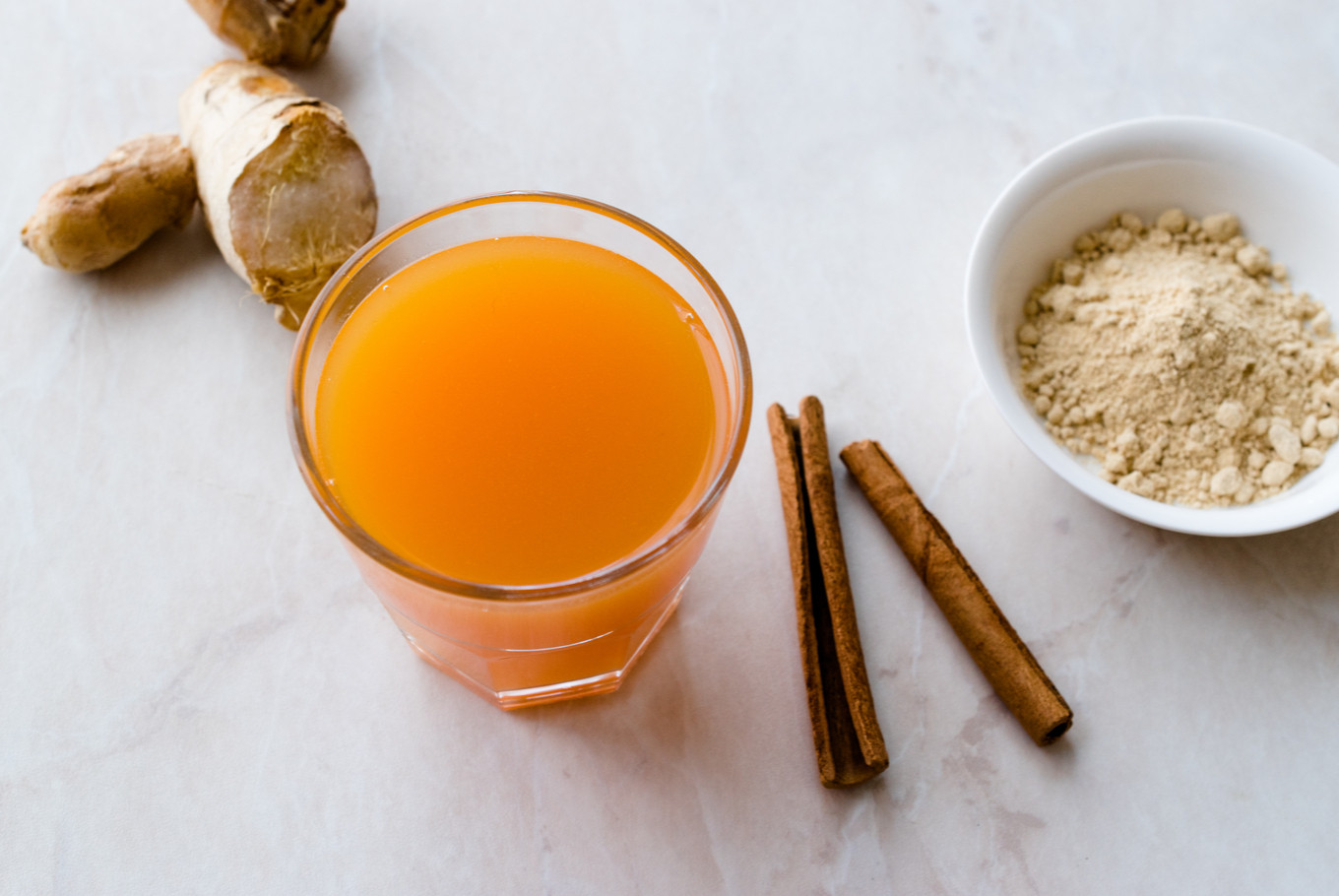Popular Reads
Top Results
Can't find what you're looking for?
View all search resultsPopular Reads
Top Results
Can't find what you're looking for?
View all search results‘Jamu’ to protective gear: Producers of most-wanted products facing business disruption
Companies producing highly sought-after items such as medicine, herbal drinks and protective gear are struggling to keep up with a surge in demand.
Change text size
Gift Premium Articles
to Anyone
C
ompanies producing highly sought-after items such as medicine, herbal drinks and protective gear are struggling to keep up with a surge in demand as production and distribution costs rise amid the COVID-19 pandemic, industry groups have warned.
On Monday, Indonesian Pharmaceutical Association (GP Farmasi), Jamu and Traditional Medicines Manufacturers Association (GP Jamu) and Indonesian Textile Association (API) expressed their concerns about the disruption in a meeting with lawmakers.
Production costs have risen and logistics have been disrupted for pharmaceutical companies and jamu (traditional herbal medicine) producers. Textile manufacturers are struggling to adapt production lines to meet a surge in demand for protective gear. The problems have caused companies to limit operations and lay off workers to survive the pandemic.
“Many airlines are grounded or are not allowed to fly, hence, [our] members fight over flights or vessels. [This leads to] airlines and shipping companies increasing their prices,” GP Farmasi chairperson Tirto Kusnadi told a virtual hearing with House of Representatives Commission VI overseeing trade, industry and state-owned enterprises.
“The price of medicine in the market will rise because the price of raw materials that we import and the cost of transportation have soared,” Tirto said. Raw material and distribution costs have so far increased threefold and fivefold, respectively, he added.
Read also: Medicine prices could soar 60% on raw material disruption
The government has pledged to provide additional support for businesses importing medical equipment and medicine needed to handle the pandemic by eliminating import duties. That, and Presidential Instruction No. 6/2016 on the acceleration of pharmaceutical industry development and healthcare tools and equipment have yet to result in any significant change, according to GP Farmasi.
Furthermore, GP Farmasi executive director Dorodjatun Sanusi said that the rising demand and the depreciating rupiah against the United States dollar had also added to the cost calculations.
Dorodjatun warned about the potential problems if pharmaceutical product prices remained at the current level.
“[We] may be able to produce and distribute, but [we] will not be able to buy any more materials,” Dorodjatun said as quoted by Tempo.
Logistics issues have also affected the operation of member companies of GP Jamu.
Read also: 'Jamu' groups oppose House's decision to import ingredients for 'COVID-19 cure'
The businesses have experienced difficulty in shipping products outside of Java, especially to Kalimantan and the eastern part of Indonesia.
“It has been almost a month and products have yet to arrive,” GP Jamu chairperson Dwi Ranny Pertiwi Zarman said during the hearing.
Jamu companies have also struggled financially. Some 30 percent of companies have laid off workers, Dwi explained.
Fortunately for members of GP Jamu, most of the ingredients for their products are locally sourced, easing the process of obtaining the raw materials for production.
“Ninety-nine percent of jamu ingredients are locally sourced, not imported. The procurement of raw materials is not an issue,” GP Jamu vice chairperson Thomas Hartono said.
He added that the association planned on keeping the prices of their products at an affordable level to help in the fight against COVID-19.
Global research firm Mintel notes that that consumers in Indonesia are stocking up on jamu, in pursuit of immunity boosts during the pandemic, despite the lack of clinical tests proving its effectiveness against the pneumonia-like disease.
Read also: Market reports paint a bright, post-pandemic future for Indonesian ‘jamu’
Meanwhile, the ongoing disruption caused by the epidemic has not deterred the Indonesian Textile Association (API), alongside the Indonesian Fiber and Filament Yarn Producers Association (Apsify), from helping the government in producing personal protective equipment (PPE) for medical workers in Indonesia but businesses are still suffering.
API chairperson Jemmy Kartiwa Sastraatmaja said that as of the second week of April, production volume had plunged by 85 percent and factory utilization was down 90 percent. As many as 80 percent of the workers in the textile industry have also been laid off.










